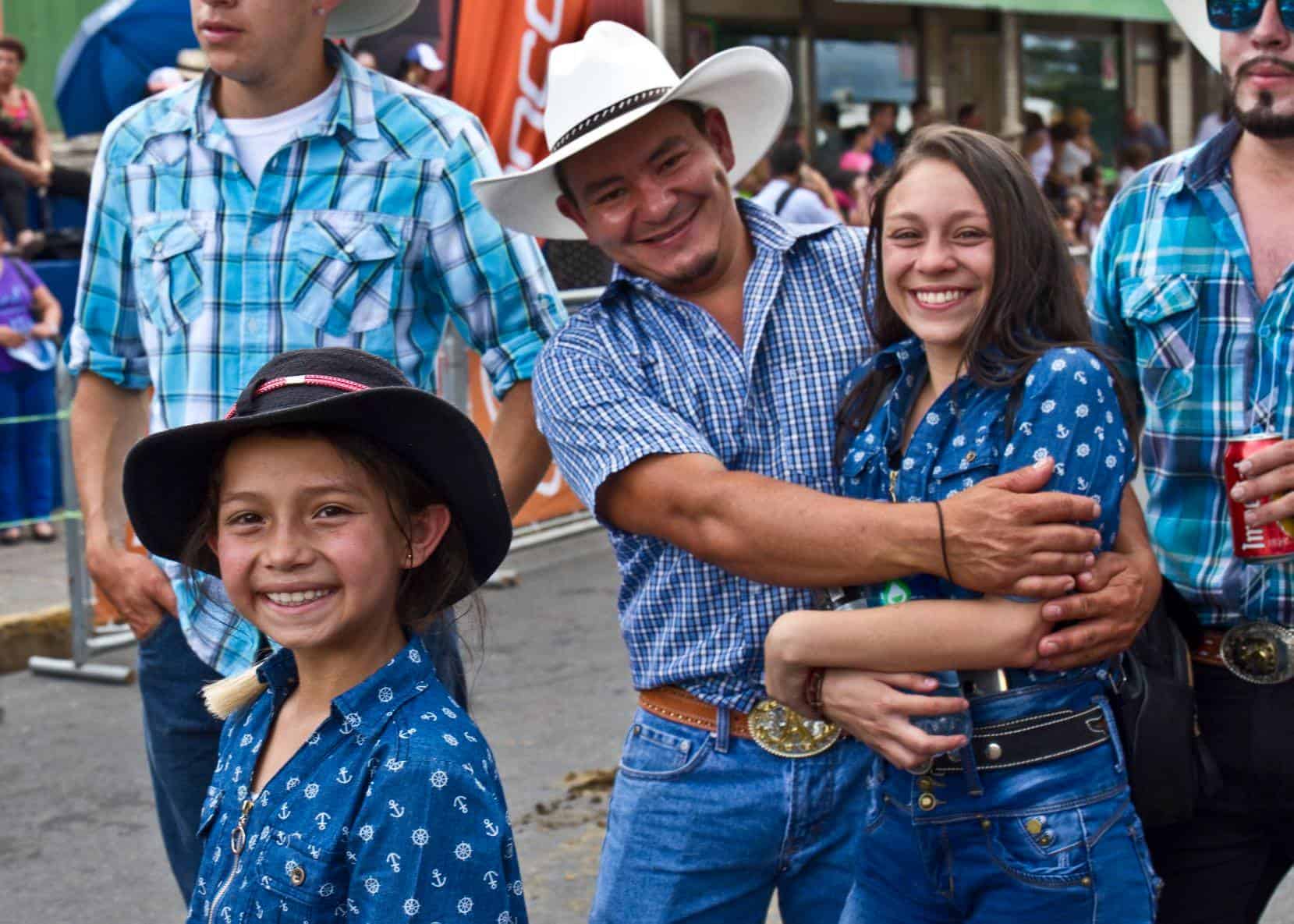You can’t call yourself fluent in Costa Rican Spanish unless you understand its slang. Tiquismos, as they are known, play an important role in most daily conversations. Despite having been a Spanish teacher for many years with a Masters Degree, I quickly found myself overwhelmed by Costa Rican slang when I moved here in 1980.
Over the past several weeks, we brought you more than a few new words and sayings that you can use on your next trip to Costa Rica or if are already living here in the previous 4 lessons:
- Costa Rica Spanish Part 1
- Costa Rica Spanish Part 2
- Costa Rica Spanish Part 3
- Costa Rica Spanish Part 4
Lets now continue on our journey and go over some more key expressions with our Tico Talk series on tiquismos or costarriqueñismos.
Here’s Learning Costa Rica Spanish for Expats and Tourists Part 5:
Abrirse: To go, leave or “split.” An expression used by young people.
Achaque: Symptoms of an illness.
Adiós: Is, perhaps confusingly, a greeting that people say when they pass by each other on the street and continue walking. Adiós typically means goodbye, which is the opposite of the Costa Rican greeting.
Acois: “Here.”
A culo pelado (vulgar): Naked. Chingo/a or chingoleto/a are also used here. Desnudo/a is the more common word for naked in Spanish.
A grito pelado: Shouting. Gritar means to shout.
A la par: Next to. Al lado de or junto a are the more common Spanish expressions.
A medio palo: To do something half-way or half-assed. A medias.
Agarrar volados: To learn from other people or take advice.
Animalada: An act caused by bad manners.
Apuntarse: To participante in something.
Arrancado/a: To be mad or angry.
Arrastrar: To repeat a class that someone has failed in school. Repetir or reprobar are more common Spanish.
Arrimado/a: a person who to lives or mooches off others.
Avispado/a: to be intelligent or sharp, like an avispa (wasp).
Tiquismos or Costa Rican expressions of the week:
A medias, ni mis medias: Not to do something half way, or ‘go halves’.
Armarse la gorda: To start a fight or ruckus.
Socarse la faja: To economize or try to save money. Literally to “tighten your belt.”
About the Author
Christopher Howard has been conducting monthly relocation/retirement tours and writing retirement guidebooks for over 30 years. See www.liveincostarica.com. He is also the author of the one-of-a-kind bestselling, “Guide to Costa Rican Spanish,” that can be purchased through Amazon.






